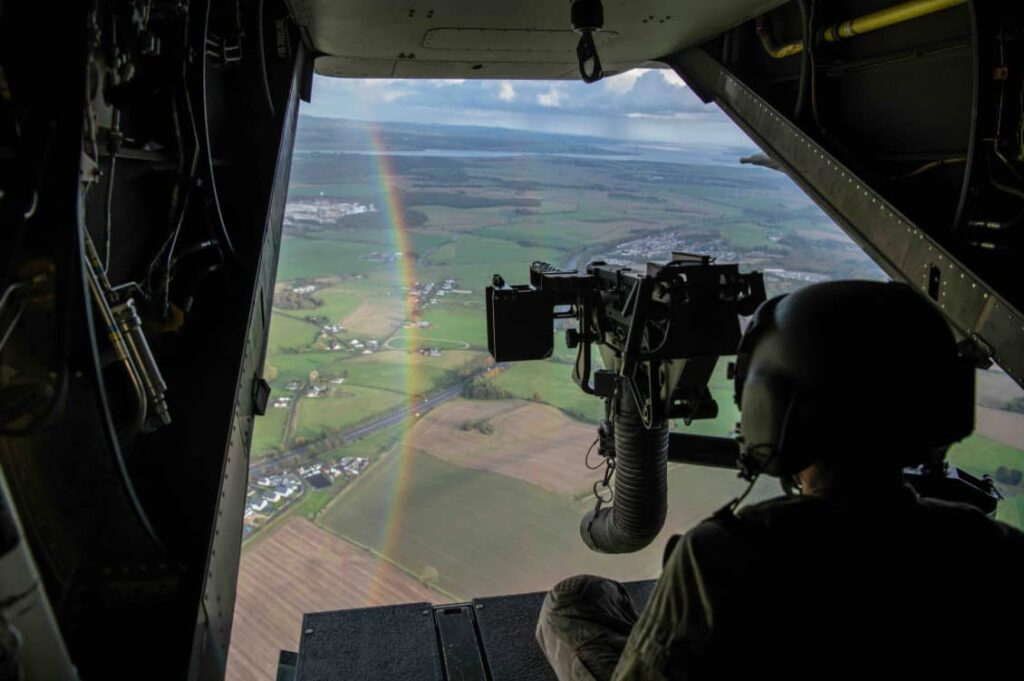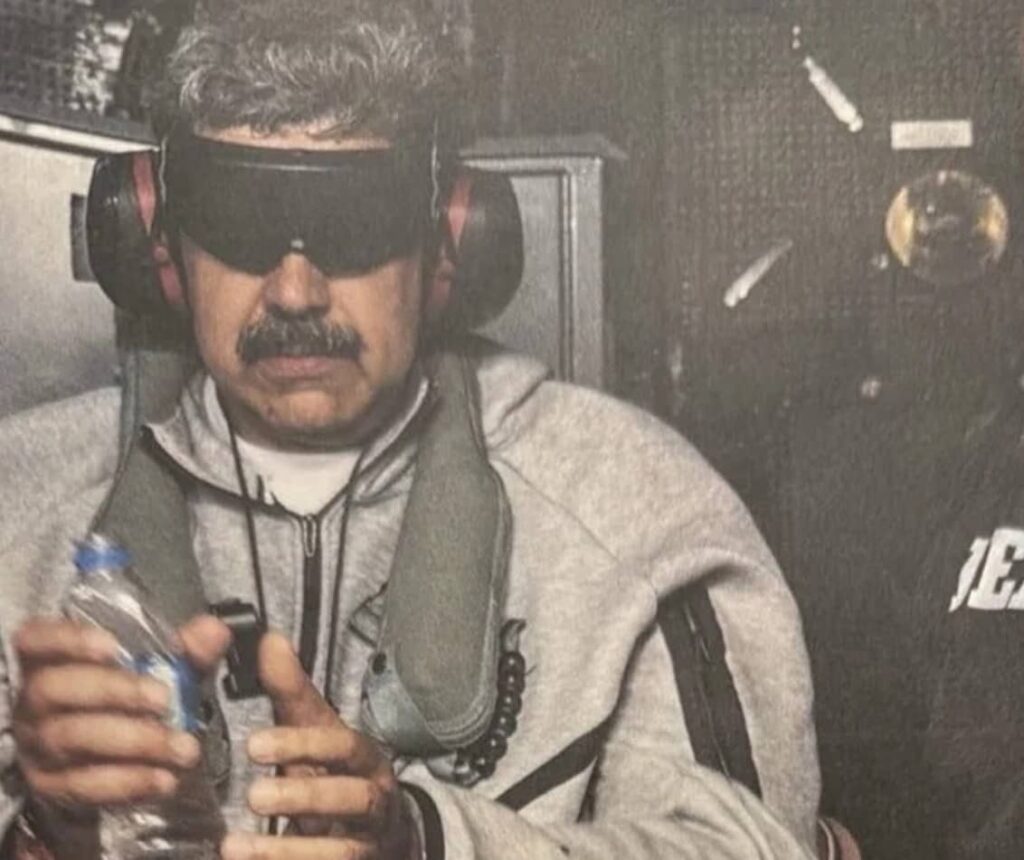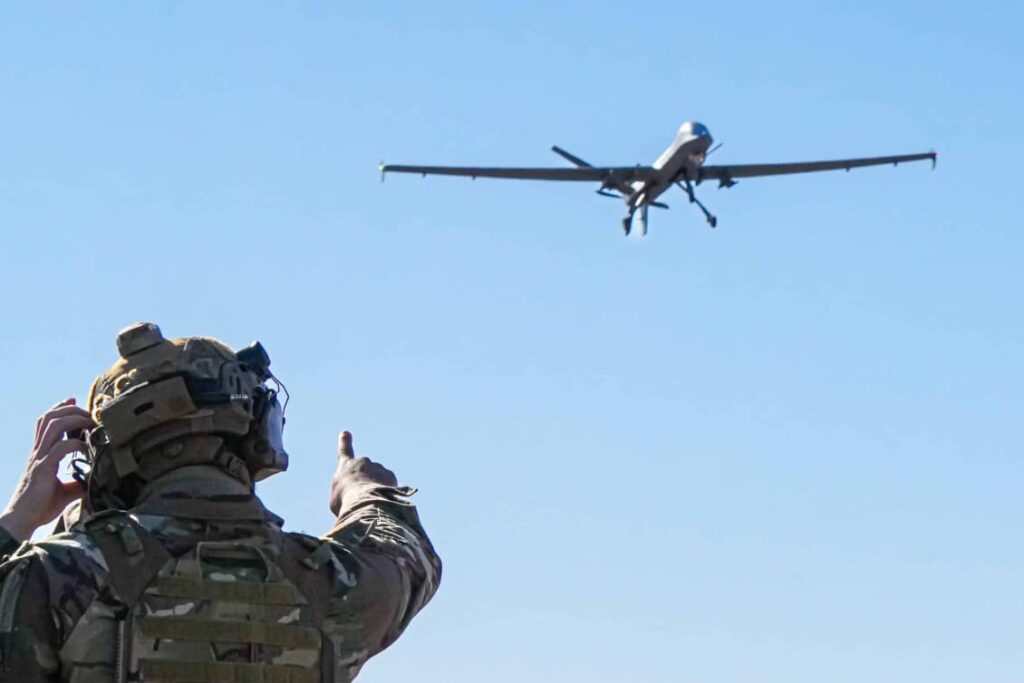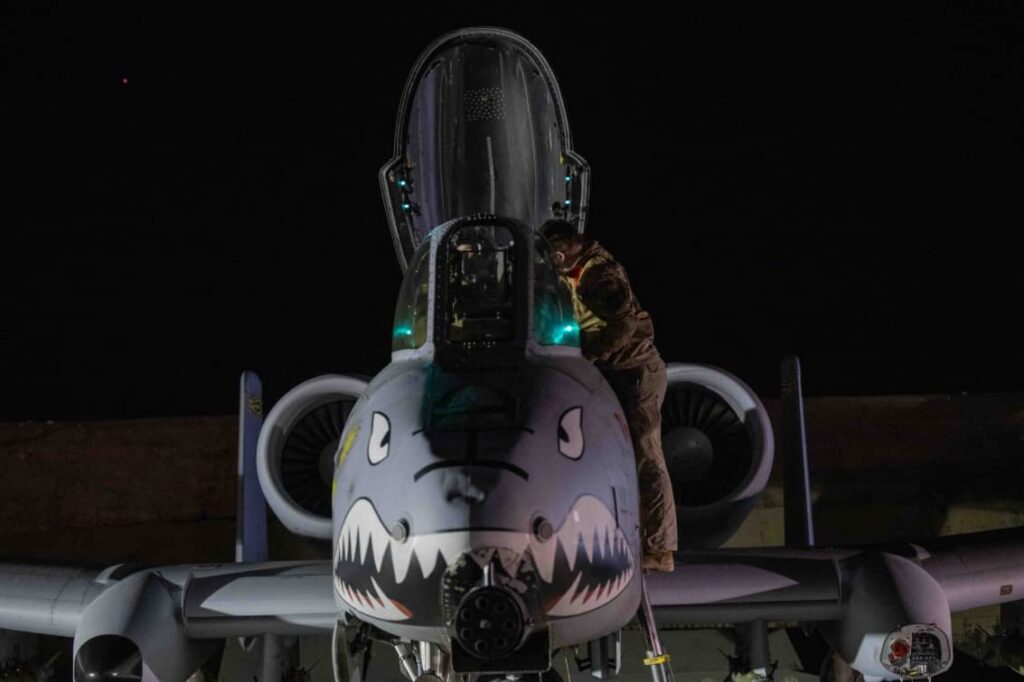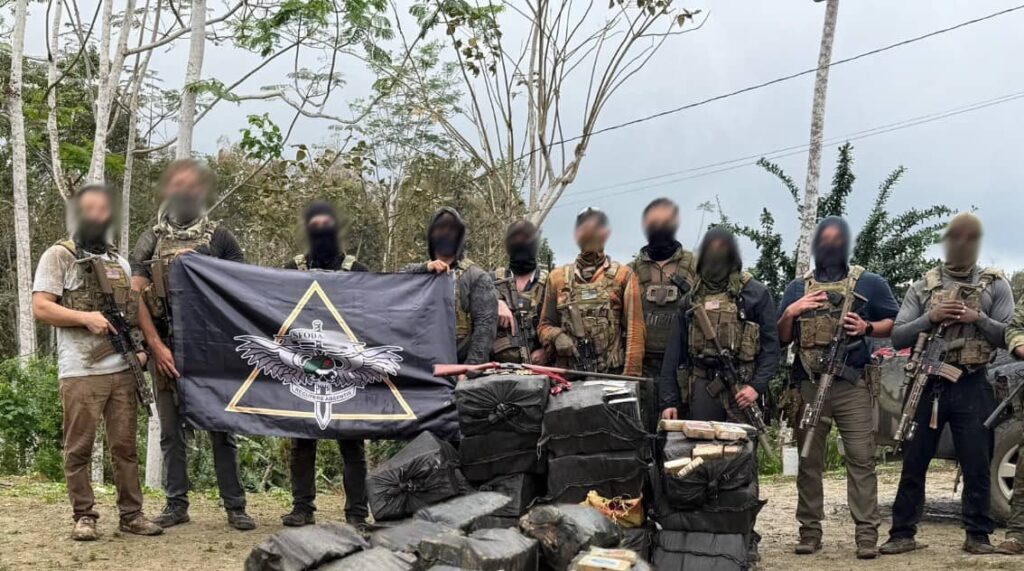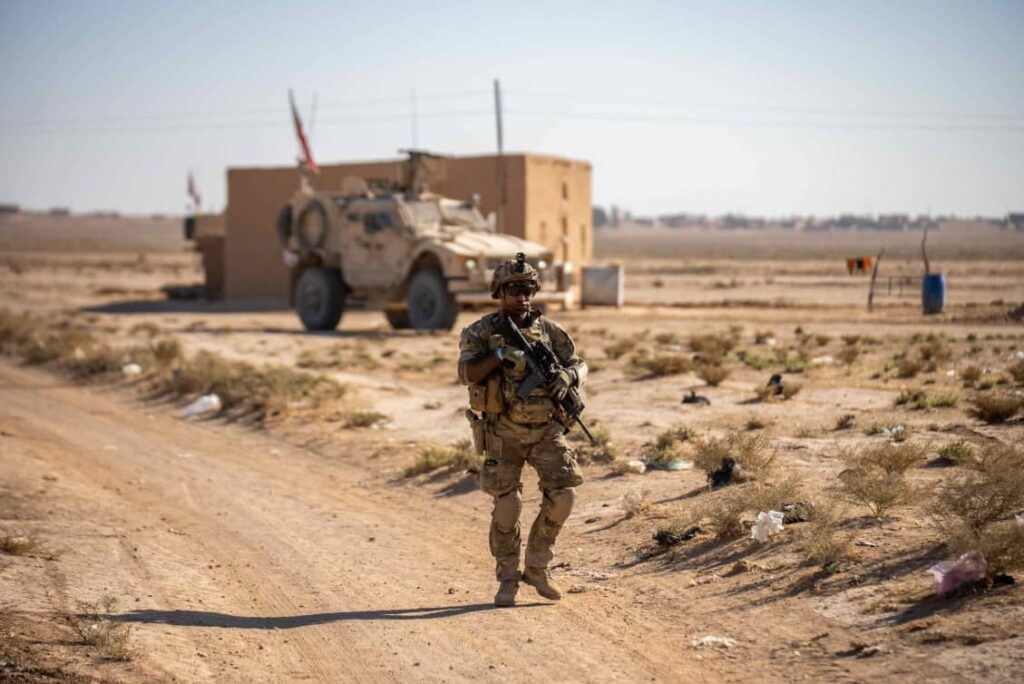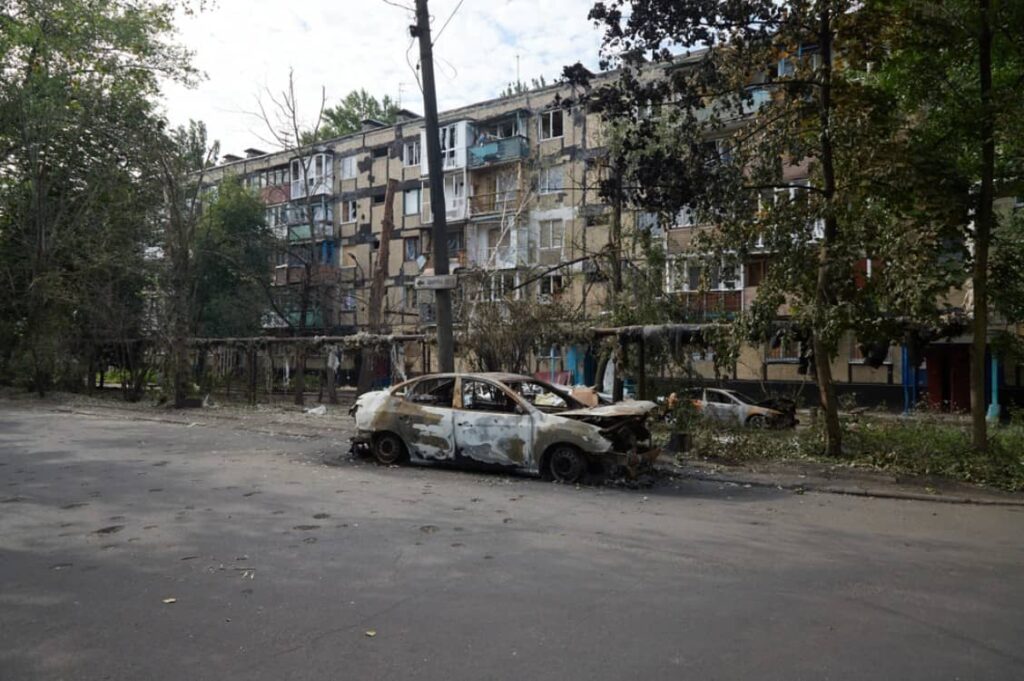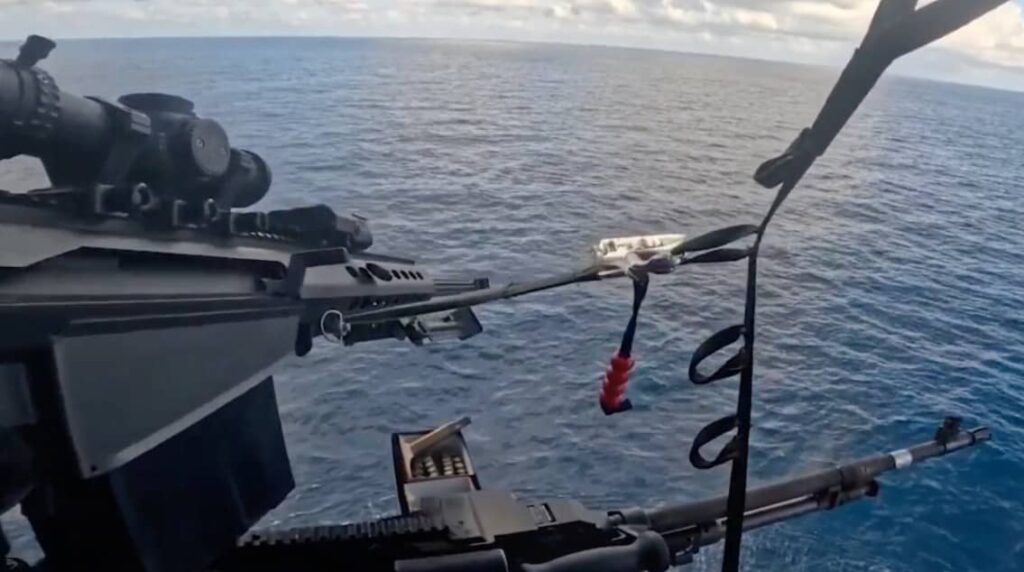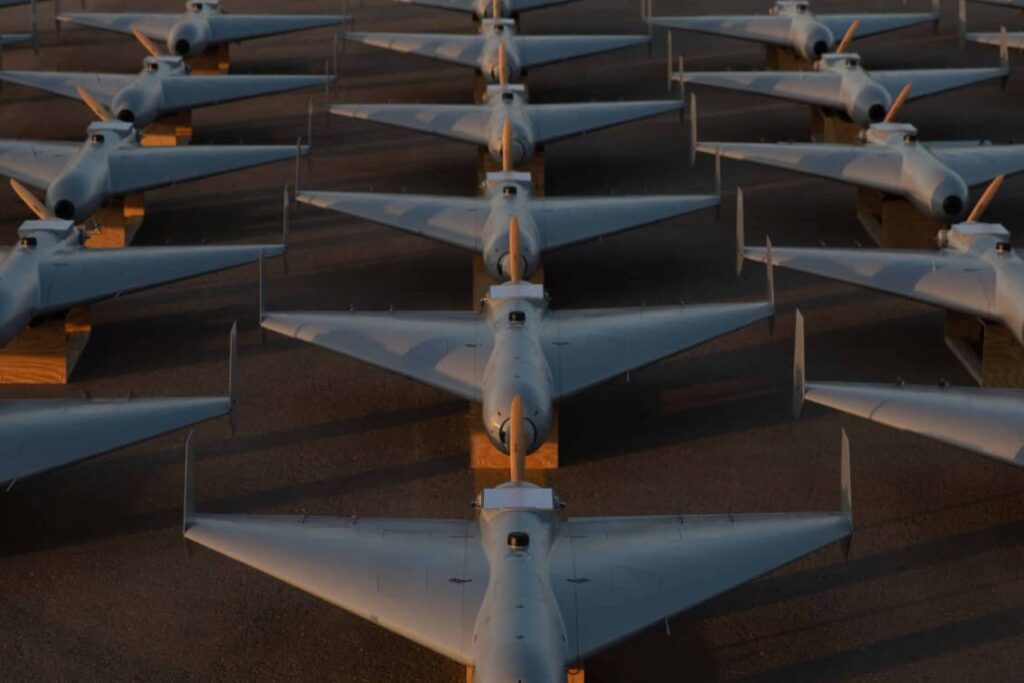Trump Orders U.S. to Resume Nuclear Weapons Testing
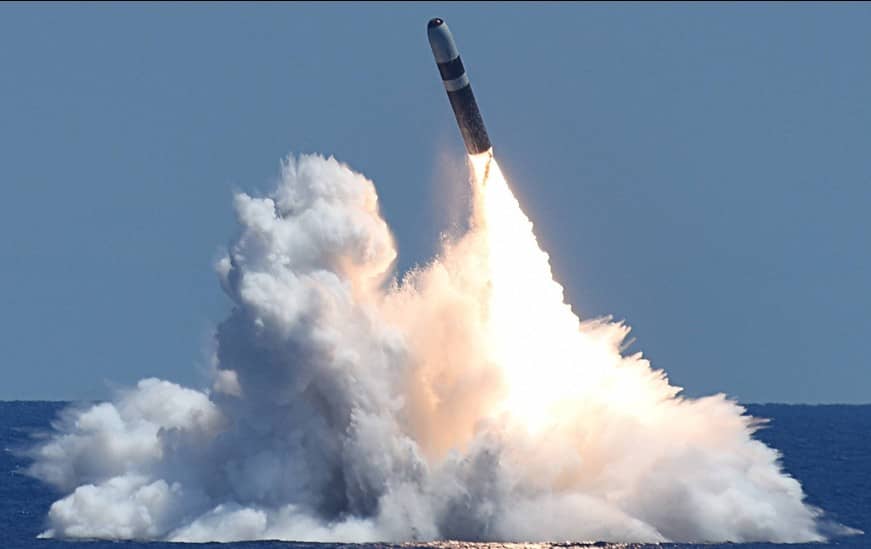
On October 29, 2025, US President Donald Trump announced via Truth Social that he has directed the Department of Defense—referred to by Trump as the “Department of War”—to immediately begin testing US nuclear weapons at a level comparable to those of China and Russia. The directive comes amid heightened global nuclear tensions and just hours before Trump’s scheduled meeting with Chinese President Xi Jinping in South Korea on Thursday morning, aimed at negotiating a truce in the ongoing trade war.
In his post, Trump stated: “because of other countries testing programs, I have instructed the Department of War to start testing our Nuclear Weapons on an equal basis. That process will begin immediately.” The announcement follows recent developments in nuclear capabilities by both Russia and China, which Trump cited as justification for resuming US tests.
Trump’s order was issued shortly after he criticized Russian President Vladimir Putin’s announcement of a successful test of the Burevestnik, a nuclear-powered cruise missile described by the Kremlin as “unique” and essential for Russia’s national security. Trump called Putin’s test “not appropriate,” signaling his concern over escalating nuclear advancements by adversaries.
The president also claimed in his post that the United States possesses more nuclear weapons than any other country—a statement that is factually incorrect. According to the International Campaign to Abolish Nuclear Weapons (ICAN), Russia currently holds the largest confirmed stockpile with over 5,500 warheads, compared to the US arsenal of 5,044.
This move marks a significant shift in US nuclear policy. The last American nuclear test, code-named “Divider,” occurred on September 23, 1992, at the Nevada National Security Site (formerly the Nevada Test Site). Later that year, President George H.W. Bush instituted a moratorium on underground nuclear testing, which has been upheld by every subsequent administration for over three decades. Trump’s directive to resume testing would end this 33-year pause, raising concerns about nuclear proliferation, arms race escalation, and the stability of international non-proliferation agreements.
The timing of the announcement—less than an hour before Trump’s diplomatic engagement with Xi—adds a layer of geopolitical tension. While the meeting in South Korea focuses on trade, Trump’s nuclear directive could complicate discussions, especially given China’s own advancing nuclear arsenal and its strategic rivalry with the US.
Trump’s reference to matching China and Russia “on an equal basis” suggests a policy of nuclear parity through active testing, rather than relying solely on stockpile stewardship programs, which the US has used since 1992 to maintain its arsenal without explosive tests. These programs involve computer simulations, subcritical experiments, and component testing to ensure weapon reliability.
The announcement has sparked immediate concern among arms control advocates, who warn that resuming nuclear explosive testing could undermine the Comprehensive Nuclear-Test-Ban Treaty (CTBT), which the US signed in 1996 but never ratified. Although the CTBT has not entered into force globally, the US has observed its provisions under the 1992 moratorium.
Trump’s use of the archaic term “Department of War” (the Pentagon was renamed the Department of Defense in 1949) has also drawn attention, reflecting his rhetorical style and possibly signaling a more aggressive national security posture.
As of the article’s publication, no official response from the Pentagon or the Department of Energy—which oversees the US nuclear weapons complex—had been issued. The National Nuclear Security Administration (NNSA) would likely manage any resumption of testing at the Nevada site.
The article notes that more details are expected soon, as the implications of Trump’s directive unfold against the backdrop of US-Russia-China strategic competition and ongoing diplomatic efforts.
In summary, Trump’s abrupt order to restart nuclear testing—ending a decades-long US moratorium—cites foreign testing programs as justification, contains a factual error about US nuclear superiority, and coincides with sensitive trade talks with China, potentially signaling a new era of nuclear brinkmanship. (Read More)
Source: The Guardian

